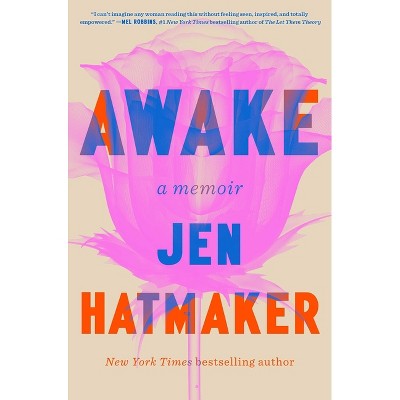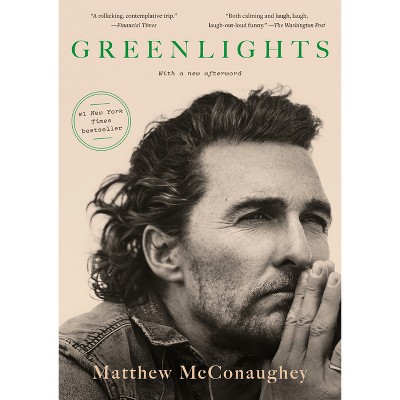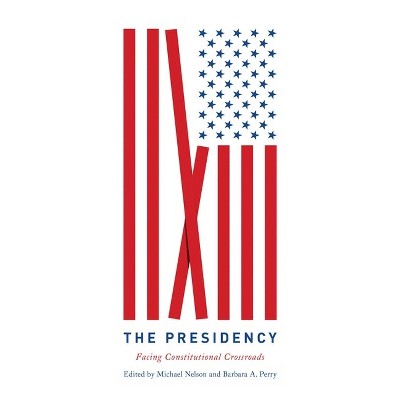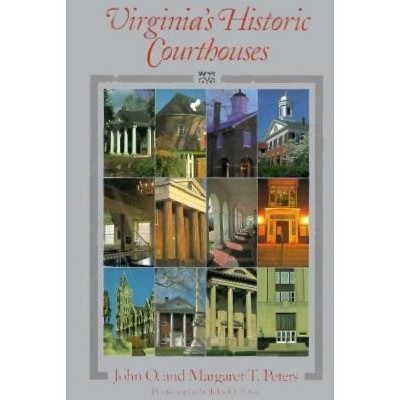Limited Choices - by Emily K Abel & Margaret K Nelson (Hardcover)

About this item
Highlights
- When interviewed by the Charlottesville, Virginia, Ridge Street Oral History Project, which documented the lives of Black residents in the 1990s, Mable Jones described herself as a children's nurse, recounting her employment in New York City in the 1940s and 1950s.
- About the Author: Emily K. Abel is Professor Emerita and Research Professor at the UCLA Fielding School of Public Health and author of, among other works, Sick and Tired: A History of Fatigue and Tuberculosis and the Politics of Exclusion: A History of Public Health and Migration to Los Angeles.
- 232 Pages
- Biography + Autobiography, Historical
Description
About the Book
"Limited Choices tells about the life of Mable Jones, an African American domestic worker from Charlottesville employed in New York City in the 1940s and 1950s. The authors, whose family employed Jones, use an oral interview and their own childhood memories as a starting point in piecing together Jones's life in an effort to investigate the impact of structural racism, and a discriminatory system their family helped uphold. The book treats three different settings-the poor rural South, Charlottesville, and the affluent suburb of Larchmont, New York-all places Mable Jones lived and worked"--Book Synopsis
When interviewed by the Charlottesville, Virginia, Ridge Street Oral History Project, which documented the lives of Black residents in the 1990s, Mable Jones described herself as a children's nurse, recounting her employment in New York City in the 1940s and 1950s. Emily Abel and Margaret Nelson, whose mother employed Jones, use the interview and their own childhood memories as a starting point in piecing together Jones's life in an effort to investigate the impact of structural racism, and a discriminatory system their family helped uphold. The book is situated in three different settings--the poor rural South, Charlottesville, and the affluent suburb of Larchmont, New York--all places that Mable Jones lived and worked.
Mable Jones was emblematic of her race, gender, time, and place. Like many African Americans born around 1900, she lived first in a rural community before moving to a city. She had to leave school after the eighth grade and worked until a year before her death. And her occupation was that held by the majority of African American women through the twentieth century. Reflecting on her life, local civil rights leader Eugene Williams asked the authors to document the "segregation in Charlottesville that Mrs. Jones endured." This book honors his charge by highlighting the limited choices available to her. It documents the slow progress of change for many African Americans in the South, explores the still little-known experiences of Black household workers in the suburban North, and reconstructs the textured lives that Mable Jones and the many women like her nevertheless carved out in a system that was and continues to be stacked against them.
Review Quotes
A recommended read for all Charlottesvillians
-- "C-VILLE Weekly"Abel and Nelson's ability to trace Jones's life from rural Virginia to Charlottesville to New York and back to Charlottesville is commendable. They not only illuminate the difficulties--and limited choices--of being a live-in domestic in the North, far from her southern home and family, but also Jones's deep connection to her mother, sons, and marriage, and her commitment to children's education, and to homeownership in an integrating and later gentrifying southern city from the 1950s through her death in 1995.
-- "The Journal of American History"Honestly and thoughtfully conceived, Limited Choices celebrates the life of the authors' deeply-influential caregiver, Mabel Jones. Through comprehensive social historical research, in-depth interviews and powerful personal examples, this book illuminates the need for economic justice if we are ever going to achieve a racially just society, one in which everyone has choices about how and where they live their lives.
--Jean Halley, Graduate Center, CUNYThe premise of Limited Choices is unique, and the book makes an important contribution to fields including labor studies, gender studies, African American studies, and American studies, to name a few.
-- "Journal of Southern History"This excellent book explores the intersections between race, class, and gender, as well as how additional variables such as location and time impact these dynamics. I appreciate the focus on the principal subject, Mable Jones, throughout this commendable book--even as the authors explore the context of her life and work and their own relationship with Mable Jones.
--Brian J. Daugherit, Virginia Commonwealth University, coeditor of A Little Child Shall Lead Them: A Documentary Account of the Struggle for School Desegregation in Prince Edward County, VirginiaUnderstanding Mable Jones's working conditions in the North further elucidates the realities of Black migration. We understand more clearly the circumstances under which Black domestics maintained familial ties to the South and are made to realize that migration does not break bonds but can strengthen them. Consequently, Limited Choices can be read as a cogent synthesis of modern African American history.
--From the foreword by Dr. Andrea Douglas, Executive Director, Jefferson School African American Heritage CenterAbout the Author
Emily K. Abel is Professor Emerita and Research Professor at the UCLA Fielding School of Public Health and author of, among other works, Sick and Tired: A History of Fatigue and Tuberculosis and the Politics of Exclusion: A History of Public Health and Migration to Los Angeles. Margaret K. Nelson is Professor of Sociology Emerita at Middlebury College and author of, among other works, Like Family: Narratives of Fictive Kinship and The Social Economy of Single Motherhood: Raising Children in Rural America.
Shipping details
Return details
Trending Biography & Autobiography











